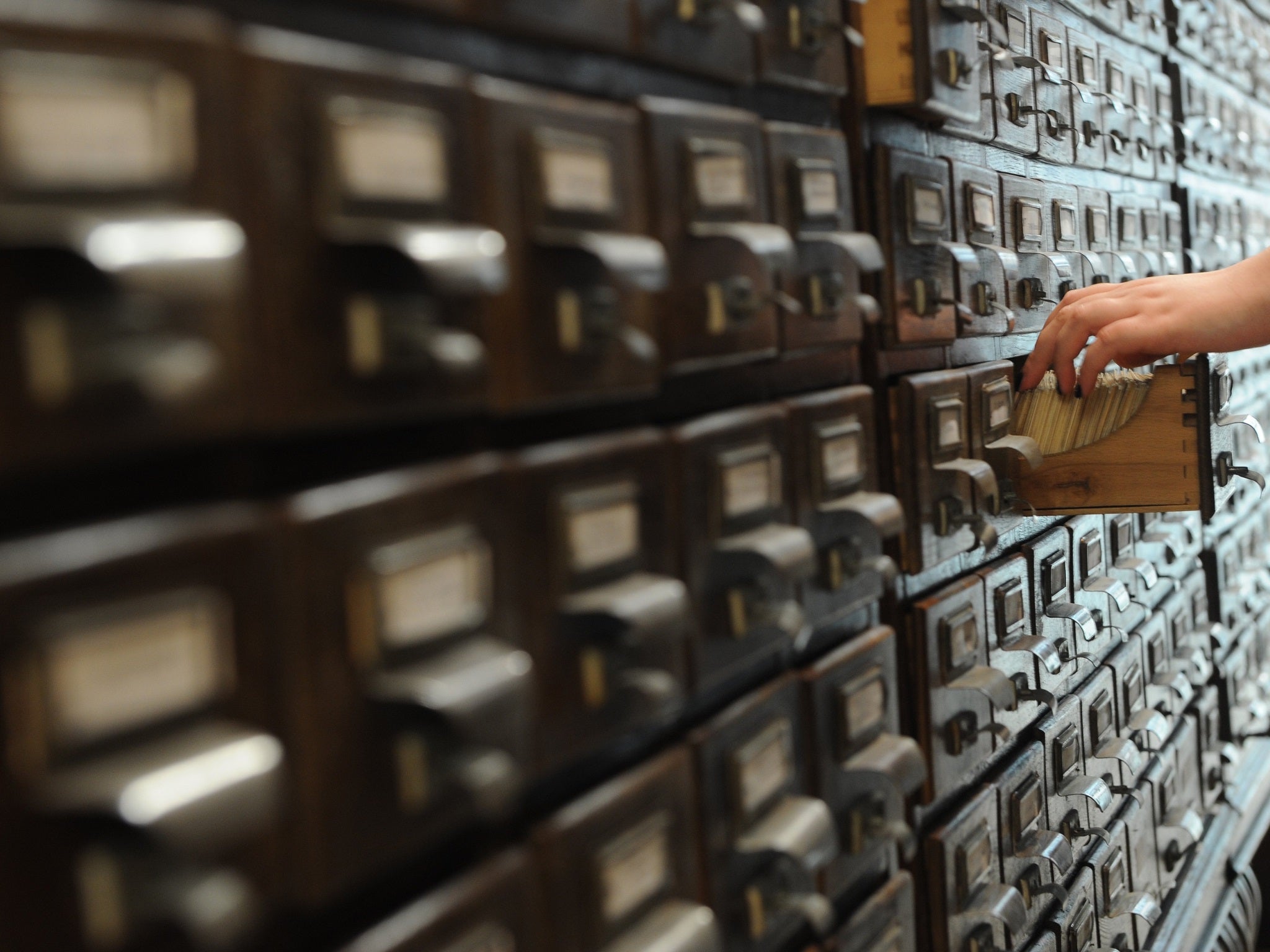Top secret Australian government files ‘bought for small change’ in major security breach
Discarded documents are 'very weird and embarrassing', says head of the Australian National University's National Security College

Hundreds of top secret Australian government files are being published after being discovered in two old filing cabinets bought at a second hand shop.
The huge cache of documents reveal the inner workings of five separate Australian administrations and should have remained sealed for 20 years.
The “Cabinet Files”, as they have been dubbed, were found after being put up for sale at an ex-government furniture sale in Canberra, and were reportedly bought for “small change”, because the keys to the cabinets could not be found.
The leak is embarrassing for the Government, which has ordered an urgent investigation into the disposal of the cabinets.
After their discovery, the files were obtained by the Australian Broadcasting Corporation.
Reporters for the ABC said the cabinets had remained “unopened for some months until the locks were attacked with a drill”.
Almost all the documents were classified, with most files marked “top secret”, “sensitive”, “Australian eyes only”, and “Cabinet-in-confidence”.
The broadcaster has used the contents of the files to publish stories that have been embarrassing to the former governments of prime ministers Kevin Rudd and Tony Abbott as well as a number of serving ministers.
The documents cover Australia's intelligence priorities and counterterrorism planning. They detail missile upgrades, profiles of suspected militants and Australia's desire in 2010 for more Indonesian cooperation to stop asylum seekers reaching Australian shores in fishing boats, the ABC said.
One document refers to an audit that revealed the Australian Federal Police had lost almost 400 national security files over five years ending in 2013.
The documents also reveal that a former finance minister left 195 top-secret papers in her old office when her government was voted out in 2013.
Rory Medcalf, head of the Australian National University's National Security College, described the discarded documents as “very weird and embarrassing” from a national security and political perspective.
Australia's allies, including the United States, “would be concerned, but I wouldn't overstate it”, Mr Metcalf said.
“This is not catastrophically damaging for national security in the sense that that something like the Snowden revelations must have been,” he added, referring to the former US National Security Agency contractor Edward Snowden disclosing a cache of classified material in 2013.
Join our commenting forum
Join thought-provoking conversations, follow other Independent readers and see their replies
Comments
Bookmark popover
Removed from bookmarks